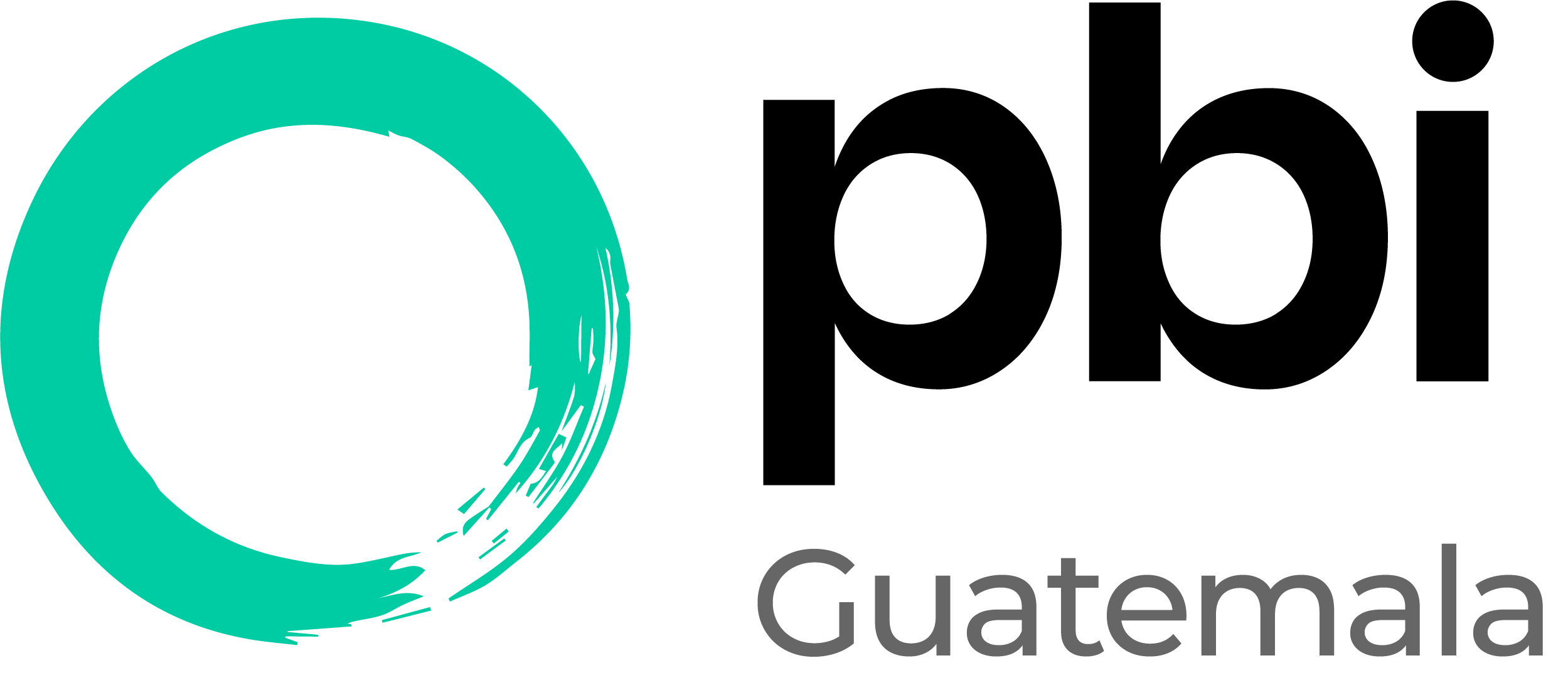The director of Guatemala City-based organisation OASIS has been on the receiving end of threats, assaults and spurious criminal charges for his work defending the rights of gay, lesbian, bisexual and transgender (LGBT) communities. Despite this, he continues working tirelessly, offering through OASIS a broad programme of services, training and advice, as well as documenting and reporting the human rights violations, exclusion and discrimination suffered by LGBT communities in his country.
On 8 and 9 February 2010, Jorge López visited London at the invitation of PBI, after participating with PBI in an event in the Spanish Parliament in Madrid the week before. In London he developed positive contacts with the public service trade union, UNISON, with European Parliament member (MEP) Michael Cashman, with the All-Party Parliamentary Groups on human rights and on AIDS, and with officials from the Foreign and Commonwealth Office working on issues related to Guatemala.
OASIS has registered numerous attacks and murders against members of LGBT communities. It identifies these as hate crimes, but officially they are invisible as they are registered as common crime. Although homosexuality is not a crime in Guatemala, the organisation reports, the rights of LGBT communities are neither recognised nor defended by the legal system, allowing their violation to continue with impunity.
A study by the organisation found that attacks were under-reported because victims know they will face institutional discrimination, impunity and social rejection.
PBI has provided protective accompaniment to OASIS since 2006, following the murder of one of the organisation's transgender members, Paulina. Her friend Zulma was also seriously injured in the attack but survived as the main witness, for which her life remains at risk. Witnesses alleged that the attackers were officers of the National Civil Police.
Shortly after the attack, Guatemala’s Human Rights Ombudsman found the state responsible for the violation of Paulina’s right to life and Zulma’s right to safety and physical integrity; the Inter-American Human Rights Commission also ordered that protection measures be granted to OASIS members. However, more than four years later, the case has still not come to trial.
In early 2009, Jorge was arrested and charged with criminal acts after denouncing irregularities by the Public Prosecutor's Office. The case against him was thrown out in September 2009, when the judge found the charges to be without basis.
Although this was a positive outcome, the process had negative impacts on Jorge’s health, freedom of movement and personal life as well as his ability to work. Unfortunately, Jorge’s experience was not an isolated case: PBI has observed across its projects that unfounded criminal accusations are often made against human rights defenders. As well as impeding their ability to carry out their work normally, such ‘criminalisation’ can call into question their reputation and credibility and thus their ability to promote and defend the human rights of others.
PBI remains concerned for the security situation of Jorge and the members of OASIS, who are often the only source of support for what is an extremely vulnerable group in Guatemala. It is crucial that their ability to carry out this work is protected.
